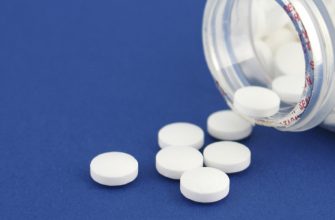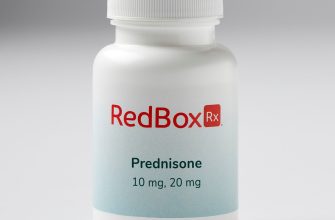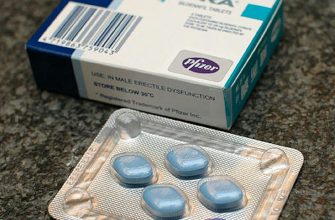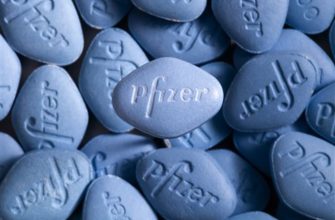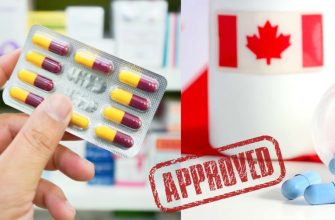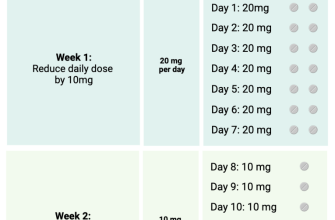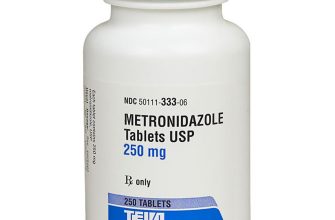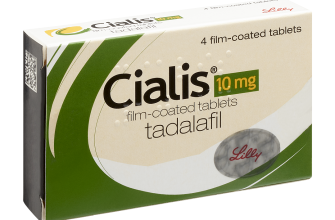Regularly check your INR levels. Aim for the therapeutic range your doctor specified, typically between 2.0 and 3.0, to minimize both clotting and bleeding risks. Consistent monitoring is key.
Maintain a stable diet. Significant changes in vitamin K intake, found in leafy green vegetables and some oils, directly affect Coumadin’s efficacy. Consult your physician or a registered dietitian for personalized dietary guidance. Avoid sudden, drastic shifts in your eating habits.
Report any unusual bleeding or bruising immediately. This includes nosebleeds, easy bruising, dark urine, or bleeding gums. Prompt reporting enables timely intervention and prevents complications. Don’t hesitate to contact your doctor.
Carefully manage medications. Many drugs interact with Coumadin, altering its effectiveness. Always inform all your healthcare providers about your Coumadin prescription before starting any new medication or supplement, including over-the-counter drugs. A pharmacist can also provide valuable insight.
Attend all scheduled appointments. Regular check-ups allow your doctor to monitor your INR, adjust your dosage if needed, and address any concerns. Consistent monitoring ensures your treatment remains safe and effective. This proactive approach is crucial for long-term success.


